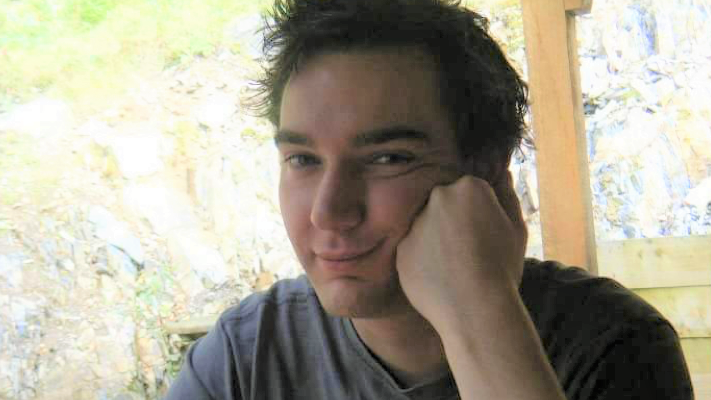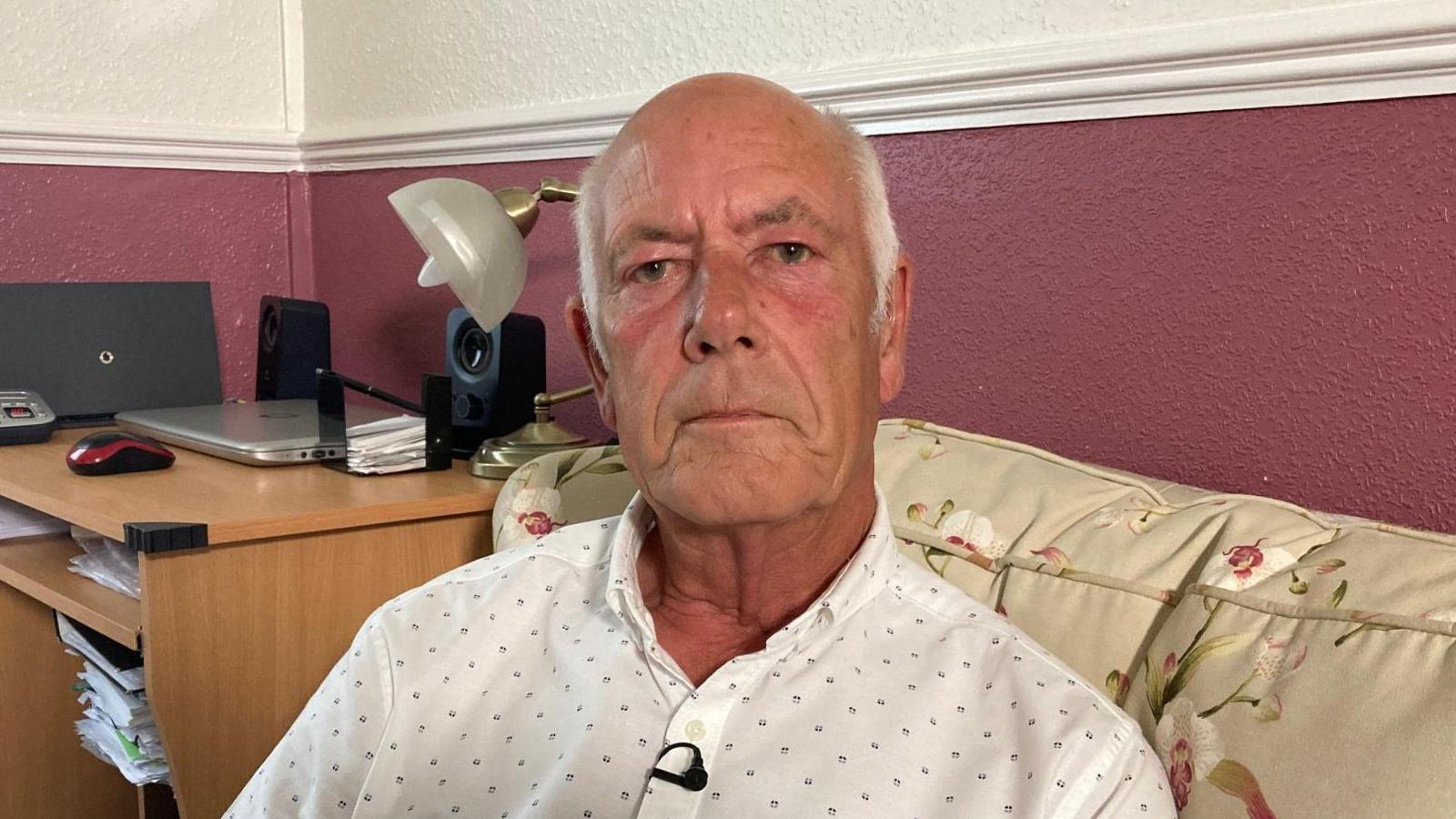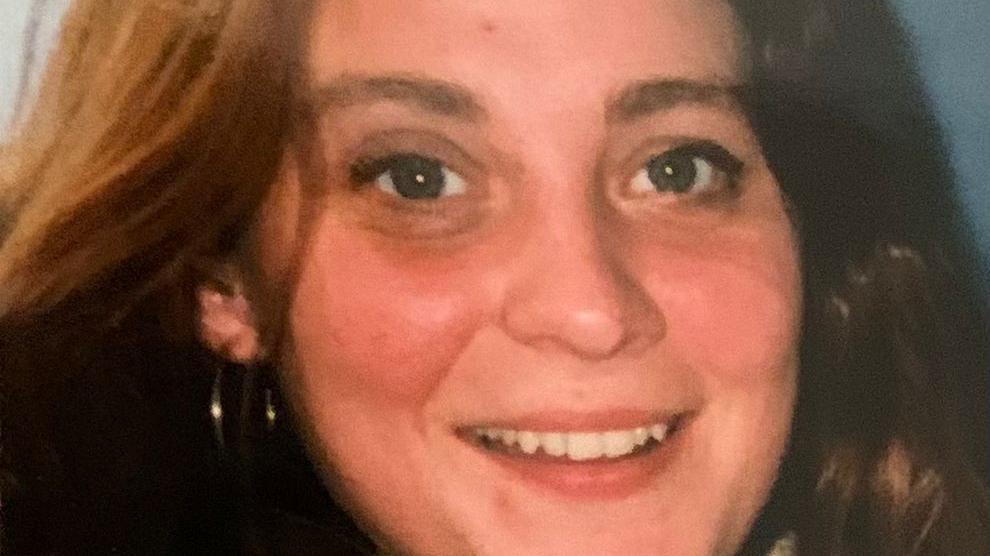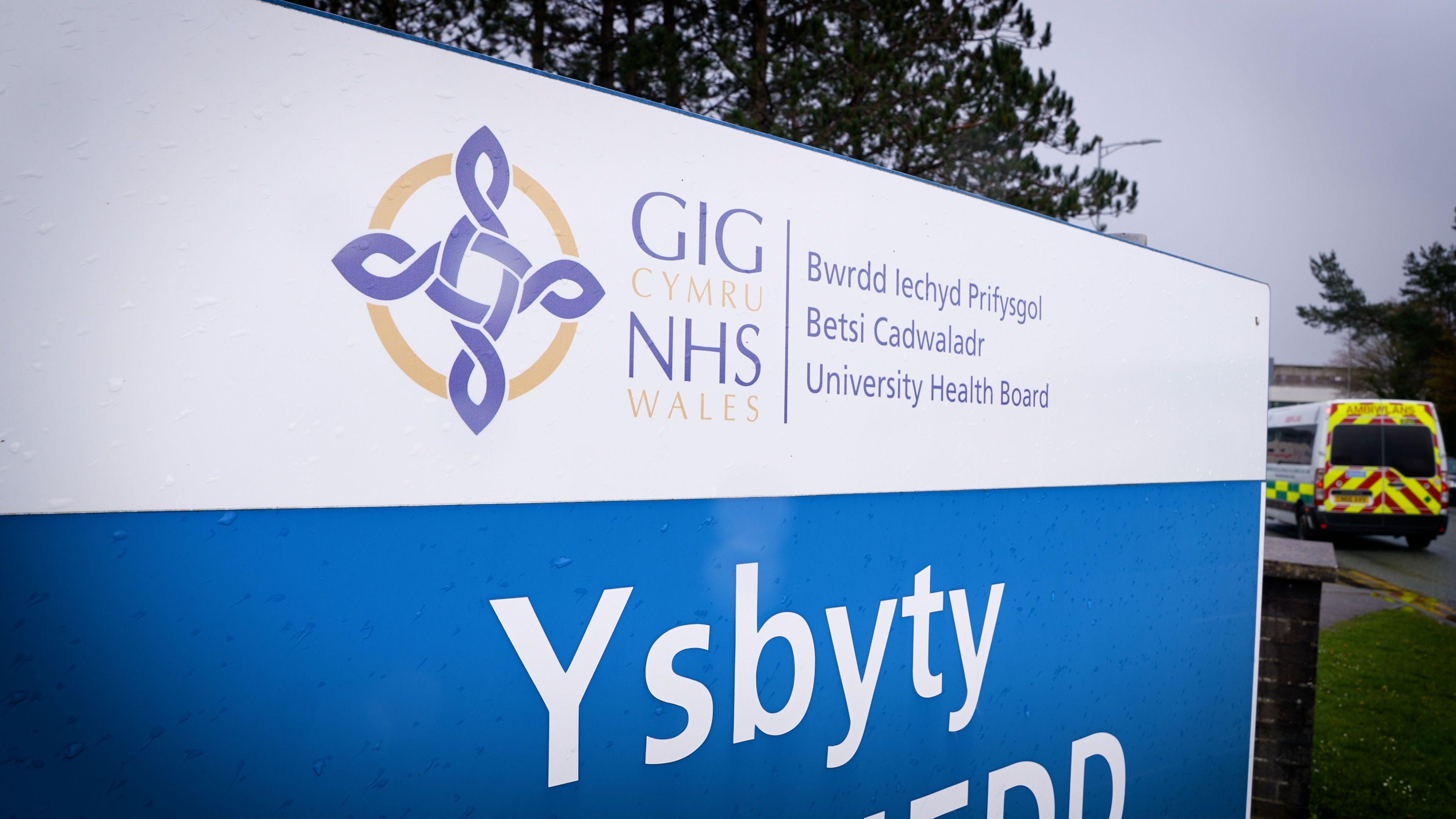Families blame deaths on health board inaction

Ben Harrison's father said his son's death could have been prevented
- Published
Families of two patients have said their relatives would have lived if the health board had acted on reports that date back up to a decade.
Ben Harrison and Dawn Owen died by hanging in mental health units in 2020 and 2021.
A former member of Betsi Cadwaladr University Health Board (BCUHB) has told BBC Wales they tried to get executives to make changes but were met with resistance.
BCUHB has apologised and said improvements were happening.
Troubled health board's challenges remain - report
- Published15 February 2024
Health board in special measures for second time
- Published27 February 2023
A Royal College of Psychiatrists (RCP) review found the health board had implemented less than half the recommendations in full from four major reports.
Ben died in December 2020 at the Ablett Unit at Ysbyty Glan Clwyd in Denbighshire, 18 months after the health board had received two of those reports.
A coroner found neglect by the health board contributed to his death.
Ben’s father, Paul Harrison said: "It shows a pattern by the health board of failing to take urgent action in relation to patient safety.
"Had the recommendations been carried out in an expeditious manner, then clearly Ben would not have had the opportunity to do what he did on Cynnydd ward."

Paul Harrison said his family remember happier times before Ben's mental health began to suffer
Two earlier reports in 2013 and 2014 had also raised issues around patient safety and ligatures.
But the RCP said last month ligature risks still needed "urgent attention".
Four months after Ben's death, Dawn died on the Hergest Unit in Ysbyty Gwynedd in Bangor.

Dawn Owen died at the Hergest Unit, Ysbyty Gwynedd, in 2021
The health board was fined for health and safety failings and her family said the failure to implement all recommendations was "scandalous".
"It’s hard to believe this has been going on for so long," they said.
"The royal college review is too late for us, but hopefully things will improve."
Speaking anonymously to BBC Wales, a former independent member of the health board said they tried to scrutinise mental health services before being ousted.
"Ben and Dawn’s deaths were completely avoidable," they said.
"The response to these reports would be incredibly frustrating."
They said the improvement plan following the two reports in 2018 was "incredibly unwieldy" and did not address the recommendations.
"When this was challenged we’d get lots of waffle about ‘ah well, it’s very complicated and we’re doing this and this'."
They added there was "constant tension" between the independent colleagues and some executives who would "resist" operational input.
An Audit Wales report concluded the executive team on the health board was "dysfunctional".
“There were some executives who worked really well with independent board members, but there was a small number of the executives who resented input and wouldn’t inform us about things," the former board member said.
"They would blatantly disregard a request for information."
A new group of independent members has since been appointed.
BCUHB chief executive Carol Shillabeer said the health board was spending £2m on anti-ligature improvements and would publish six-monthly progress updates.
"I can only apologise to people for poor experience and for the tragic loss of their relatives," she said.
"I’m building a new executive team. It’s very important that there’s a core purpose and that’s what we’ve been working on."
BCUHB deputy chairman Gareth Williams, who oversees executives' work, said a recent update report from auditors showed things had "improved markedly".

Leaders at Betsi Cadwaladr University Health Board say they improvement are happening to mental health services
"We’re pulling together. We’re in a different place to where we were 18 months ago," he said.
He said independent members were now given "full information" by executives and if that did not happen he would resign.
"I know none of that is going to help bring back lost relatives but the only thing we can do is put everything in place to avoid preventable deaths in future."
The Welsh government said: "Improving mental health services is an important part of special measures at Betsi Cadwaladr University Health Board.
"The health board has accepted the RCP's findings, and we expect them to deliver those, while continuing to implement safe and effective policies."
If you've been affected by anything in this article, health and support is available on BBC Action Line